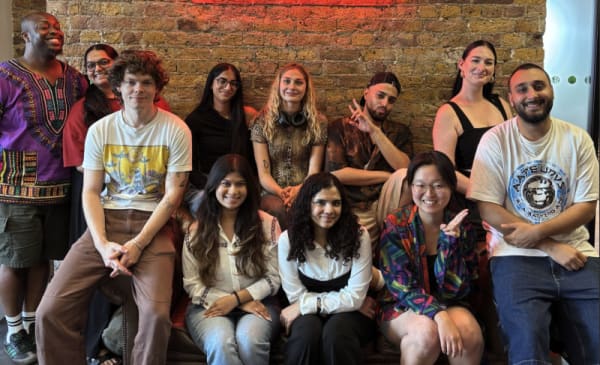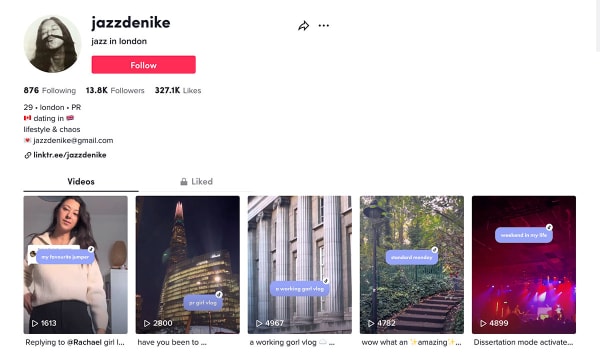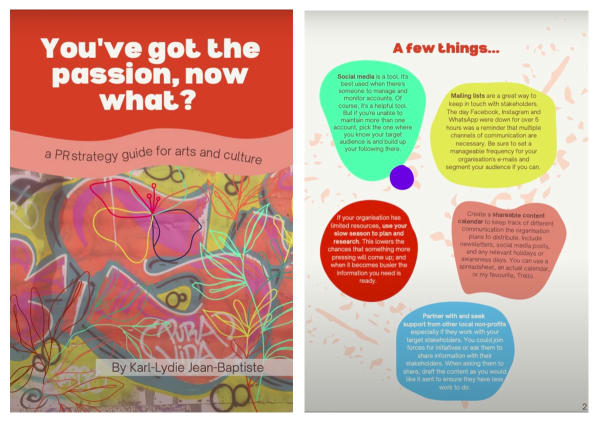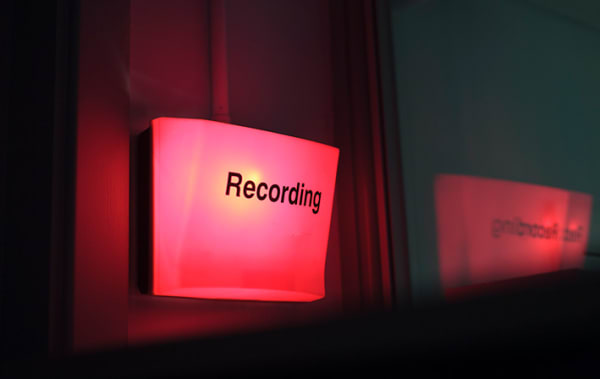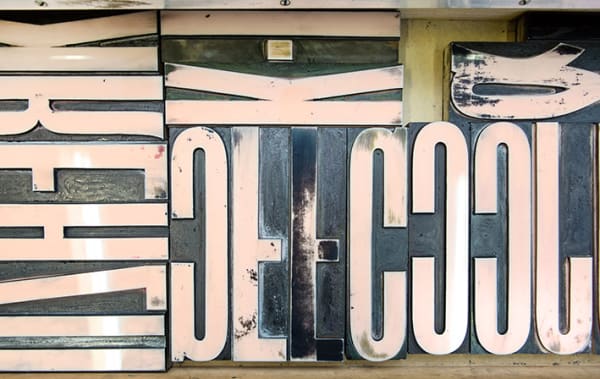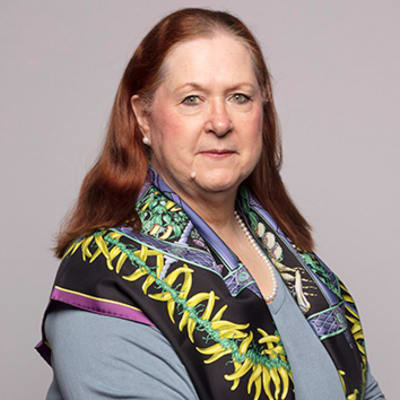Course units
We are committed to ensuring that your skills are set within an ethical framework and are embedding UAL’s Principles for Climate, Social and Racial Justice into this course.
Autumn, Term 1
Contemporary Public Relations Theory and Practice (20 credits)
This unit provides an understanding of core theories in the field with a focus on the nature of persuasion, influence and opinion that are at the heart of the PR process. Students then get the opportunity to put some of their learning into practice through generating a PR plan.
Organisational Strategy and Reputation (20 credits)
This unit aims considers PR as an organisational function that manages reputation, and addresses how organisations are formed and the need for integrated management, marketing and organisational communication. It also discusses the reputational threats, challenges and opportunities that organisations face in the 21st century and the ways in which organisational identity (culture, values and behaviours of organisations) is aligned with organisational image.
Global Media and Cultural Landscapes (20 credits)
This unit places PR within global political, social, economic and cultural debates. Drawing on social and cultural theory, the unit considers the relationship between the media, its audiences and wider society, including the rise of celebrity culture, promotion, consumption and the role of PR within a consumer-led society.
Spring, Term 2
Media Relations, Messaging and Influencing (20 credits)
This unit explores the process of media relations and the role that public relations plays in devising and distributing messages in order to achieve influence through global media channels. The unit encourages practical engagement through in-class exercises and workshops that help students to develop their own skills in writing for the media and advising on interviews and other aspects of media relations.
Digital Communications and Social Media (20 credit)
This unit explores how PR can use digital channels most effectively creating integrated communication solutions. There is a strong focus on creativity and using digital media in both mediated and un-mediated applications, while also looking to the future and to the type of digital applications that are coming on-stream.
Collaborative Unit (20 credits)
The Collaborative Project involves working on a live project brief in a collaboration with other students and in response to a client requirement. It is an opportunity to develop consulting skills and project management experience alongside creativity and communication knowledge, resulting in a plan and portfolio of content.
Summer, Term 3
Media Relations, Messaging and Influencing (continued)
Digital Communications and Social Media (continued)
Final Major Project (60 credits)
The aim of the Final Major Project is to offer an opportunity to engage in a major research project in which the emphasis will be on defining, analysing and developing a constructive response to a research question in the PR field.
As well as drawing on skills and knowledge acquired during Term 1 and 2, taught research methods classes during Term 3 will support the project during which students produce a research proposal that identifies the research question to be addressed and the research plan and appropriate methodology, before beginning work with a supervisor during terms three and four.
Autumn, Term 4
Final Major Project by Dissertation (continued)
In the final Autumn term, students continue to work on the research plan using an appropriate methodology. Work will continue with a supervisor over term four where you will receive feedback on your developing project, and other support through dissertation workshops to help keep the project on track.
If you are unable to continue or decide to exit the course, there are two possible exit awards. A Postgraduate Certificate will be awarded on successful completion of the first 60 credits and a Postgraduate Diploma will be awarded on successful completion of the first 120 credits.


